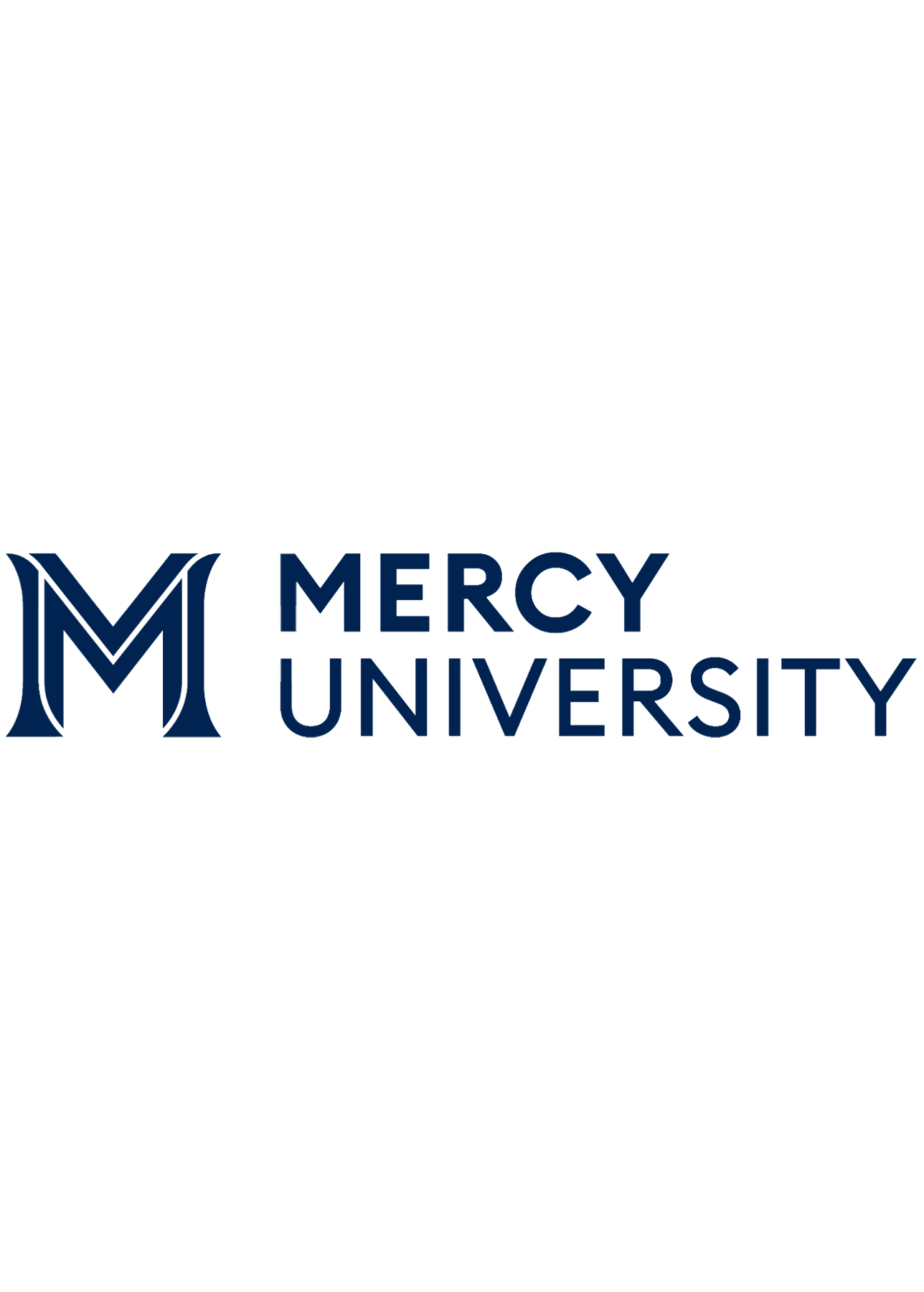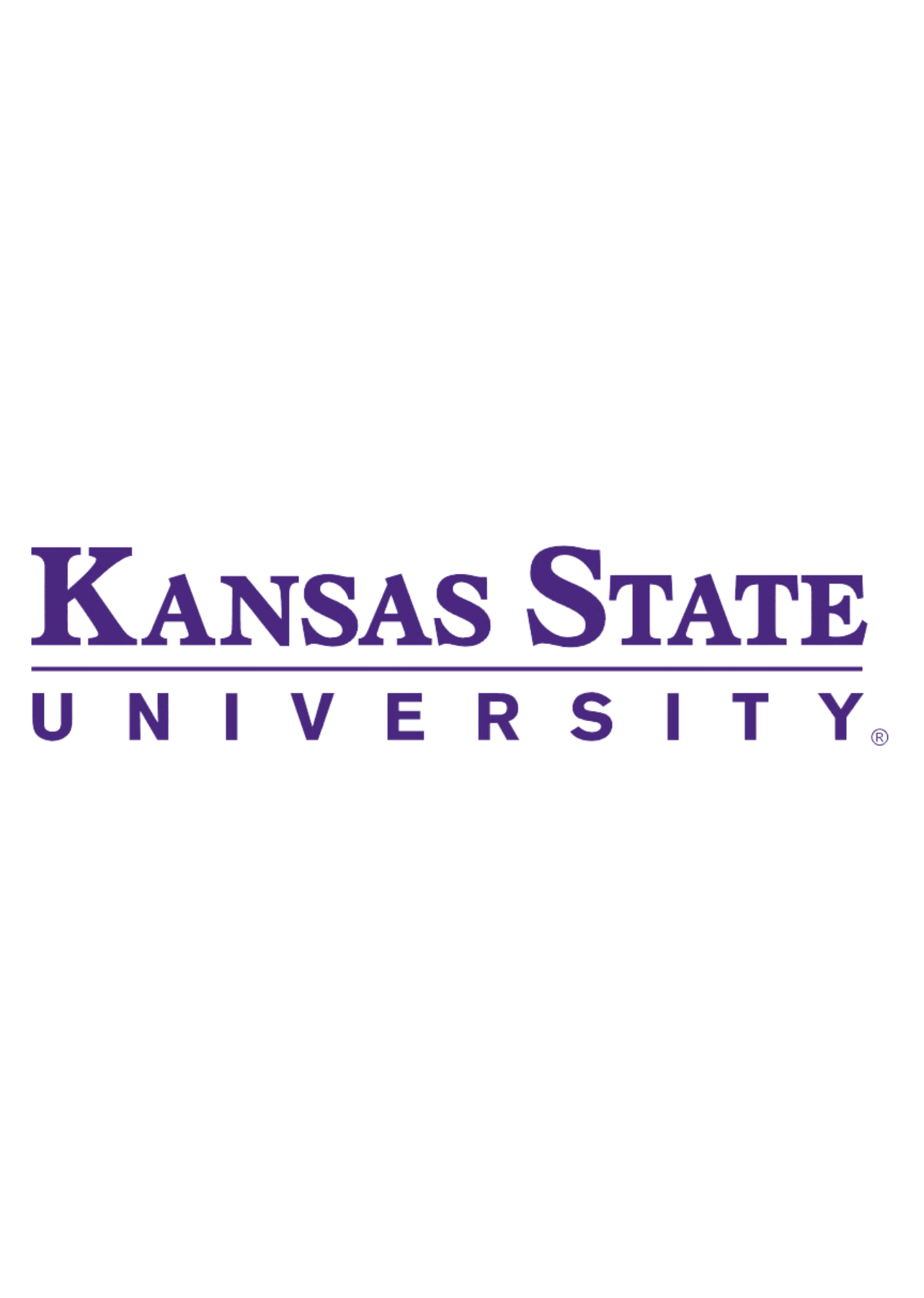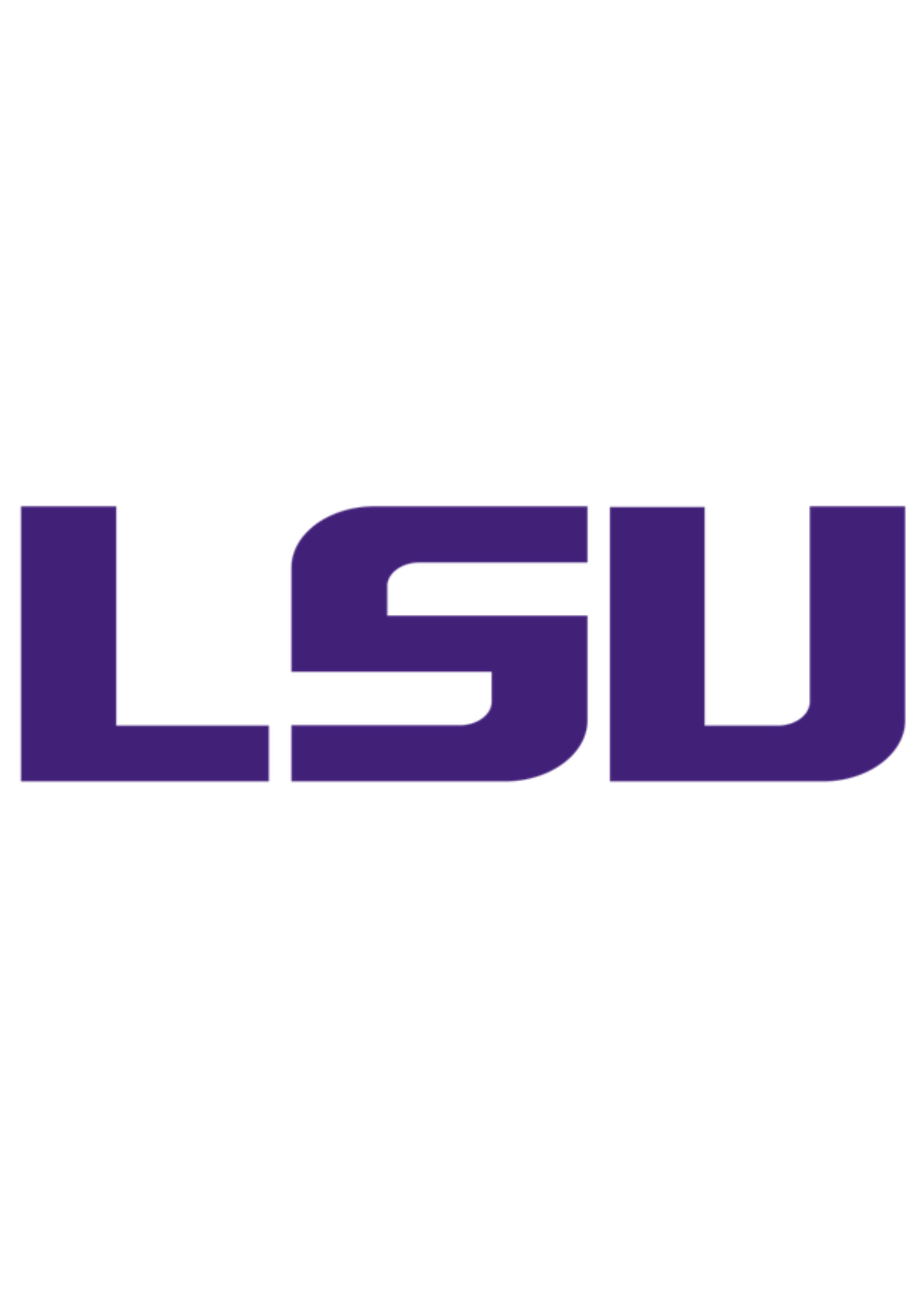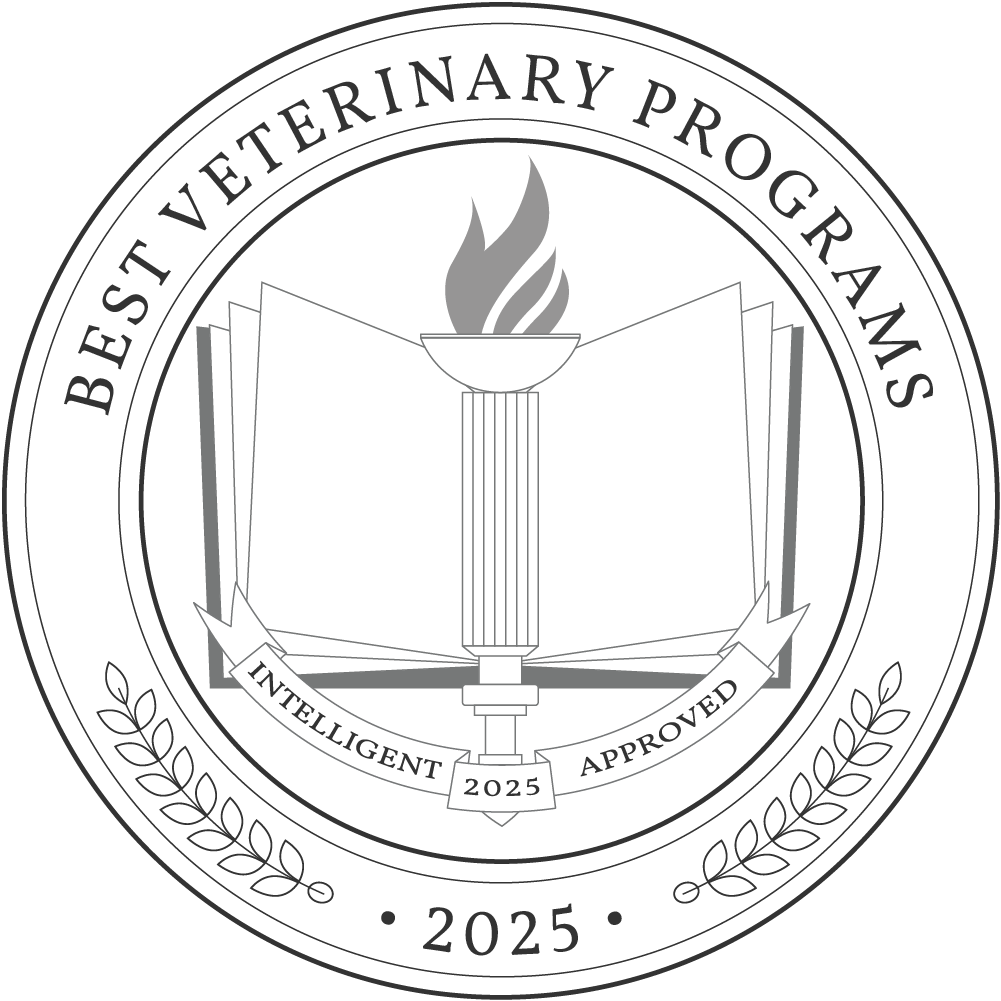A veterinary degree equips students with the knowledge and skills to pursue careers in animal medicine or further studies. Students learn about animal anatomy, biochemistry, pharmacology, and pathology and how to diagnose and treat various health conditions. Graduates work in rewarding positions such as laboratory animal caretakers, veterinary assistants, and veterinary technologists.
The median annual salary for a veterinary technician is $43,740, but that figure may vary depending on the position, location, and industry. Those who work in universities and professional schools have a median annual salary of $48,850, while those employed in social advocacy organizations have a median wage of $38,530. The job outlook for this career is expected to grow by 19% over the next ten years, driven by pet-related spending and advanced treatment options.
Most undergraduate veterinary programs consist of 120 to 180 credits and require four years of full-time study. Accelerated and part-time programs offer flexible learning options for students who wish to complete the program at their own pace. The average annual cost for a bachelor’s degree is $16,618, but it varies depending on the institution.
Why Trust Us
The Intelligent.com Higher Education Team is dedicated to providing students with independent, equitable school and program rankings and well-researched resources. Our expert-driven articles cover topics related to online colleges and programs, paying for school, and career outlooks. We use data from the U.S. Department of Education’s College Scorecard, the National Center for Education Statistics, and other reputable educational and professional organizations. Our academic advisory team reviews content and verifies accuracy throughout the year for the most current information. Partnerships do not influence rankings or editorial decisions.
- Analyzed over 2,000 national, accredited, and nonprofit colleges and universities
- 800+ rankings pages are reviewed and updated yearly
- Content is informed by reputable sources, surveys, and interviews with academic advisors and other experts
- Over 100 data points are reviewed for accuracy and quality throughout the year, including sources
How we rank schools
Our list features the best Veterinary degree programs at top colleges nationwide. Each school featured is a nonprofit, accredited institution — either public or private — with a high standard of academic quality for post-secondary institutions.
We evaluated each school’s program on tuition costs, admission, retention and graduation rates, faculty, reputation, and the student resources provided for online students. We collected data from trusted sources like the National Center for Education Statistics, individual school and program websites, school admissions counselors, and other data sources. Then, we calculated the Intelligent Score on a scale of 0 to 100 based on the following criterion:
Academic Quality:
- Admission rate versus enrollment rate
- Retention rate of students who return after year one
- Accreditation status (regional and programmatic)
- Nonprofit status, both private and public institutions
Graduation Rate
- Overall graduation rate
- Total number of currently enrolled students, including diversity metrics
- Student-to-faculty ratio
Cost and ROI
- In-state and out-of-state per-credit tuition rates and fees
- Required credits to graduate
- Earning potential after graduation
- Availability of federal student loans, scholarships, and other financial aid options
Student Resources
- Available student services for online-only and hybrid programs
- On-campus amenities like tutoring centers and the number of libraries
Read more about our ranking methodology.
Best 7 Accredited Veterinary Degree Programs
FiltersInstitution Type
Status
- Intelligent Score
- Alphabetically By University Name
- Acceptance Rate
- Enrollment
- In-state Graduate Tuition
- Out-of-state Graduate Tuition
- In-state Undergraduate Tuition
- Out-of-state Undergraduate Tuition

Mercy College
Intelligent Score: 99.35In-state: $19,578
Out-of-state: $19,578
In-state: $16,686
Out-of-state: $16,686
SAT: 930-1110
ACT: 18-26
$684
On-Campus
American Veterinary Medical Association Committee on Veterinary Technician Education and Activities
120

University of Wisconsin
Intelligent Score: 98.30In-state: $9,273
Out-of-state: $37,161
In-state: $10,728
Out-of-state: $10,728
SAT: 1260-1460
ACT: 27-32
Resident: $502
Non-Resident: $1,727
On-Campus
Higher Learning Commission
117-124

University of Arizona
Intelligent Score: 95.10In-state: $10,990
Out-of-state: $33,273
In-state: $11,938
Out-of-state: $11,938
SAT: 1090-1350
ACT: 21-29
Resident: $848
Non-Resident: $1,639
On-Campus
WASC Senior College and University Commission
121

Kansas State University
Intelligent Score: 93.86In-state: $9,375
Out-of-state: $25,251
In-state: $10,212
Out-of-state: $10,212
SAT: N/A
ACT: N/A
Resident: $332
Non-Resident: $894
On-Campus
American Veterinary Medical Association Committee on Veterinary Technician Education and Activities
120

University of Illinois at Urbana - Champaign
Intelligent Score: 91.05In-state: $14,317
Out-of-state: $33,824
In-state: $15,016
Out-of-state: $15,016
SAT: 1200-1460
ACT: 27-33
Resident: $509
Non-Resident: $1,147
On-Campus
American Veterinary Medical Association Committee on Veterinary Technician Education and Activities
126

Purdue University College of Veterinary Medicine
Intelligent Score: 90.69In-state: $9,208
Out-of-state: $28,010
In-state: $9,208
Out-of-state: $9,208
SAT: 1170-1420
ACT: 25-33
Resident: $624
Non-Resident: $1,799
On-Campus
American Veterinary Medical Association Committee on Veterinary Technician Education and Activities
127.5

Louisiana State University
Intelligent Score: 90.02In-state: $8,038
Out-of-state: $8,038
In-state: $9,132
Out-of-state: $9,132
SAT: 1090-1300
ACT: 23-28
Resident: $398
Non-Resident: $954
On-Campus
American Veterinary Medical Association Committee on Veterinary Technician Education and Activities
120
How to Choose a Veterinary Degree Program
Choose your area of study
Three veterinary degree levels are available: associate, bachelor’s, and doctorate.
Associate programs often focus on veterinary technology to prepare students for careers as veterinary technicians. They provide the foundational knowledge of animal health and require two years of full-time study.
Bachelor’s degree programs require four years of full-time study and provide a comprehensive understanding of animal health. Graduates often continue their studies with a doctorate or enter entry-level veterinary medicine roles.
A doctorate is the highest level of education available in this field. It provides students with an advanced understanding of animal health and prepares them for a career as a veterinarian. The program often takes four years to complete and includes a one-year supervised practicum in a veterinary clinic. After completing the program, graduates must pass the North American Veterinary Licensing Exam (NAVLE) to practice in the field.
Students can choose from a variety of specializations when studying veterinary medicine, such as:
- Canine
- Equine
- Oncology
- Cardiology
- Large animal internal medicine
Elective courses are tailored to each specialization to prepare students for careers in their field of interest.
Research schools and programs
When researching schools, look for those that have received accreditation from a recognized institution such as the New England Commission of Higher Education (NECHE), Southern Association of Colleges and Schools Commission on Colleges (SACSCOC), or Higher Learning Commission (HLC). Accreditation ensures that the school meets the universal standard for quality and is often necessary when transferring credits, receiving government aid, and securing employment.
Veterinary programs are also programmatically accredited by the American Veterinary Medical Association (AVMA). This accreditation ensures that the curriculum meets a set quality standard and adequately prepares students for their future careers.
Learn more about schools and programs through the in-person and virtual methods available, including:
- Campus visits
- Browsing the website
- Following on social media
- Attending open houses
You can also speak with an admissions advisor to learn more about the school’s culture, get a better understanding of the programs, and ask any questions you may have.
Prepare for tests and applications
Visit prospective program websites to learn about their application process and deadlines. The requirements for veterinary programs vary by school; however, most will ask you to submit the following:
Before submitting your application, speak with an admissions advisor to review the process and ensure you have all the required materials.
Select your program
If accepted to multiple programs, narrow your options by reviewing your lifestyle and academic requirements. Consider if the program is in-person or online, full-time or part-time, and synchronous or asynchronous. Also, examine the cost, length, location, and housing options.
For additional guidance, speak with an academic advisor. They’ll review your needs and help you find the best fit.
Determine how you’ll pay for your degree
Create a budget outlining your annual costs to determine if you’ll finance the degree yourself or require financial assistance. Include your academic and living expenses, such as tuition, fees, housing, transportation, supplies, food, and extracurriculars.
Visit the Free Application for Federal Student Aid (FAFSA) website and apply to determine the amount of financial aid you’re eligible to receive, including scholarships, grants, loans, and work-study funds. If you currently work in the veterinary field, ask your employer if they offer tuition assistance benefits.
What Can You Expect From a Veterinary Degree Program?
An undergraduate veterinary program provides students with the fundamental knowledge to pursue a career in animal health or qualify for graduate studies in veterinary medicine. Coursework is science-heavy and focuses on anatomy, biochemistry, immunology, pathology, toxicology, and virology related to animals.
Students take a combination of core and elective courses, which they can tailor to their chosen specialization. They will use various learning methods, including coursework, labs, exams, lectures, and research. Many programs also include internships where students gain real-world experience working for a veterinary practitioner.
Potential courses you’ll take in a veterinary program
- Integrated Principles and Prevention of Livestock Diseases. Students learn about the integrated management techniques of livestock and diseases of domestic animals. Topics include biotechnology in animal health and issues in management to control diseases.
- Pathogenic Microbiology. This course covers the principles of host-microorganism interrelationships. Students learn to identify, isolate, and propagate pathogens and recognize symptoms to treat and prevent disease.
- Animal Nutrition and Feeding. Students explore the fundamentals of feeding and nutrition for domestic livestock, including nutrient requirements, feeding methods, types of feedstuffs, and a background in the feeding industry.
- Breeds, Signalment, and Vitals of Domestic Animals. This course covers the fundamentals of domestic animal identification and assessment. Students will learn the terms used to describe specific species, their unique life histories, and their vital signs.
- Wildlife Health. Students discover the different types of zoonotic diseases, non-infectious threats, conservation preservation, and strategies for managing wildlife health.
Veterinary Degree Frequently Asked Questions
How do I apply to a veterinary degree program?
The requirements for veterinary programs vary by school, but most require applicants to submit their most recent transcripts, a personal statement, SAT or ACT scores, an essay, and letters of recommendation. Some schools will also require an admissions interview to learn about the applicant’s career goals and background. Speak with an admissions counselor before applying to review the requirements and admissions process.
How much does a veterinary degree cost?
The average annual cost for an undergraduate veterinary program is $16,618. This cost covers tuition and fees and will vary depending on the school and program. Students should also consider additional expenses, including housing, transportation, supplies, and extracurriculars, that may increase the cost.
How long does it take to earn a veterinary degree?
Most undergraduate veterinary programs require four years of full-time study and 120 to 180 credits to graduate. Accelerated programs are available, allowing students to complete the degree within two to three years. Part-time and online programs are also offered and may take longer to complete.

